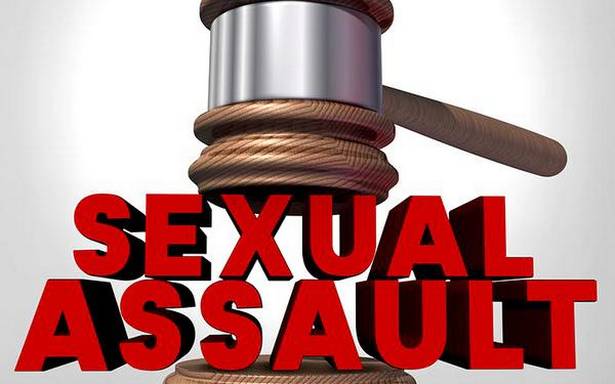UNESCO study finds a conspicuous lack of formal editorial guidelines in use across newsrooms in the country
A study on ‘Sexual Violence and the News Media: Issues, Challenges and Guidelines for Journalists in India’ has recommended that, nationally, a charter for news reporting of rape and sexual violence can be established by news industry leaders, which would ensure accountability and commitment to sensitive reporting of the same.
The UNESCO study, authored by Chindu Sreedharan, Associate Professor of Journalism, Bournemouth University, and Einar Thorsen, Executive Dean, Faculty of Media and Communication, Bournemouth University, was based on content analysis of 10 newspapers over six languages, and semi-structured interviews with 257 journalists across 14 languages. Through this, the study provided insights into routines journalists follow and the challenges they face on the field.
The study stated that there was a conspicuous lack of formal editorial guidelines in use across newsrooms in the country, and said that only 13% of the respondents had access to written guidelines while 14% had no guidelines at all. The recommendation to have a charter nationally suggested that it be based on a public pledge that newsrooms can adopt, which included a commitment to best practices.
20% of the respondents, more women than men, said that they experienced distress, and 55% of women journalists said that they had directly experienced or witnessed workplace sexual harassment. The study also highlighted patterns in daily news about sexual violence and said that news outlets often tended to disproportionately publish unusual cases which led to a misleading picture of how sexual violence manifests in the country. While 78% of journalists said they felt responsible for effecting change in relation to sexual violence, below 7% of stories focused on solutions. Sources, and news gathering challenges too, while covering sexual violence, were examined.
The recommendations offered based on the study, called for the establishment of peer support networks for journalists experiencing trauma, training in law enforcement procedures through a national initiative which covers both rural and urban journalists and more material on responsible reporting for media and journalism students in their curriculum.
For news organisations, the use of institutional style guides, which would establish what language is to be used with regard to reporting rape and sexual violence, the need to establish a routine for fact checking and verifying FIRs, as well as an institutional process to ensure the safety of journalists who were reporting, were suggested. News organisations were also asked to regularly promote and report on programmes and policies which focus on rape and sexual violence.
For individual journalists and newsrooms, the study also stated guidelines which can be put into practice on a day-to-day basis for routine news work focusing on interviewing survivors, depiction and news framing, sources, setting a context, and offering solutions.
Source: Read Full Article

